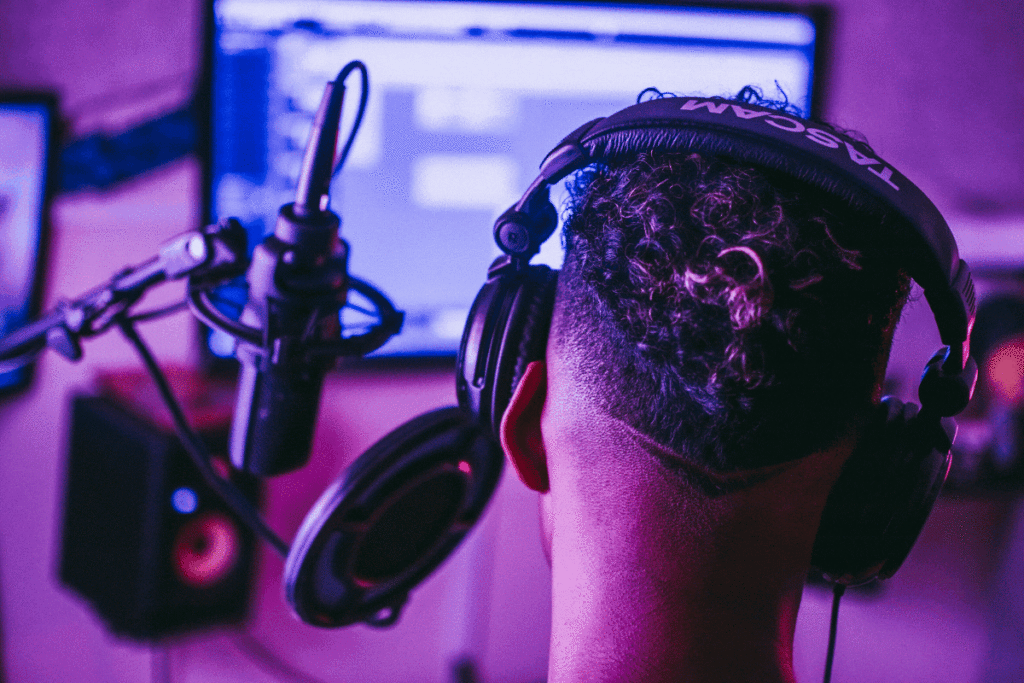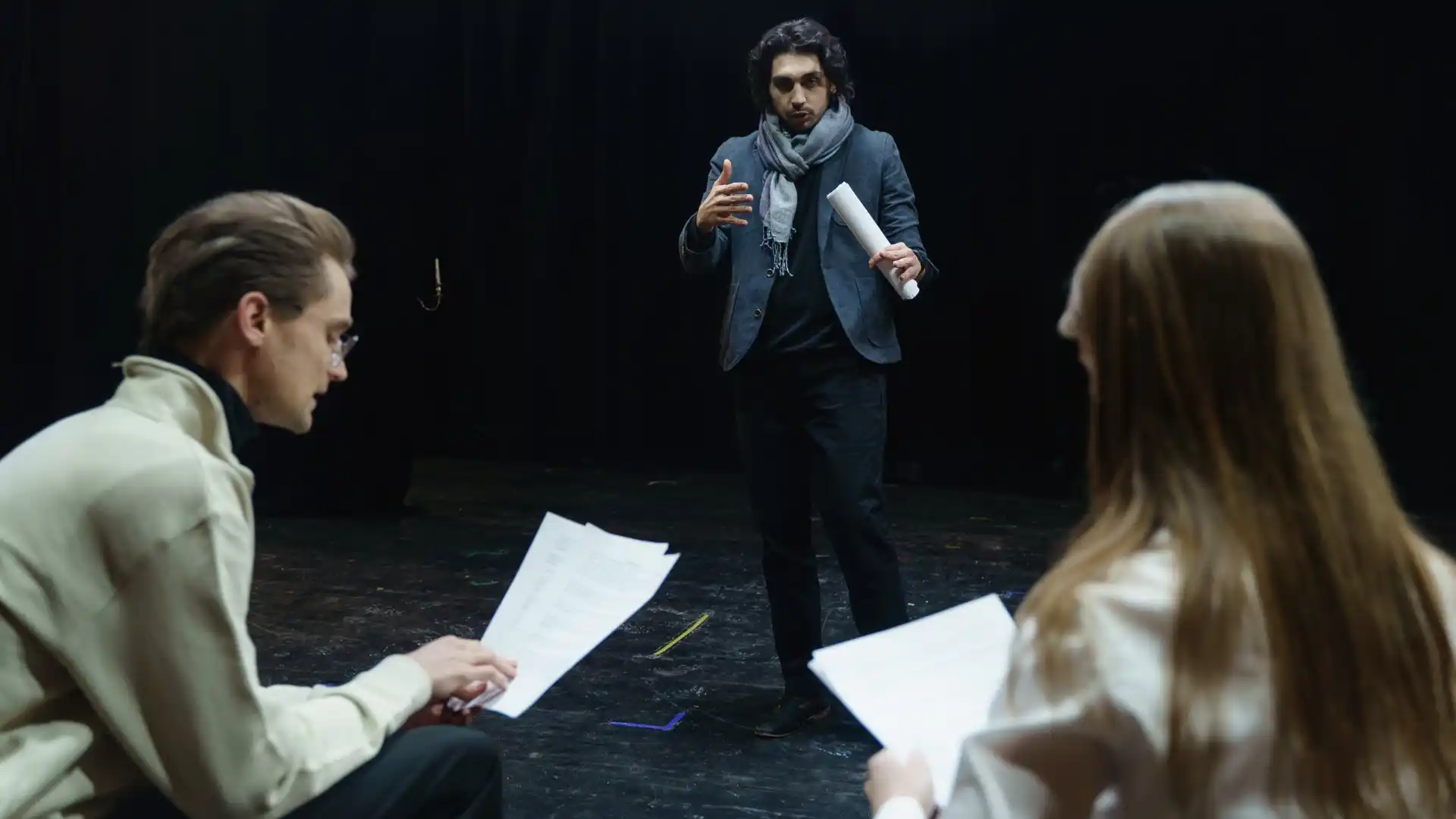Understanding Music Copyright for Podcasting: A Comprehensive Overview
Podcasting has become an increasingly popular platform for sharing ideas, stories, and entertainment. However, with the rise of podcasting comes the need to understand music copyright laws. In this article, we will provide a comprehensive overview of music copyright for podcasting, including what it is, how it works, and what you need to know to ensure that you are using music legally in your podcast.
What is Music Copyright?
Music copyright is the legal right granted to the owner of a musical work. This right allows the owner to control the use of their work and to receive compensation for its use. In the United States, music copyright is governed by the Copyright Act of 1976, which grants the owner of a musical work the exclusive right to:
- Reproduce the work
- Distribute the work
- Perform the work publicly
- Create derivative works based on the original work
How Does Music Copyright Apply to Podcasting?
Podcasting involves the use of music in a recorded audio format that is distributed over the Internet. This means that podcasters must obtain permission from the copyright owner before using any copyrighted music in their podcast. There are two types of copyright that podcasters need to be aware of: musical composition copyright and sound recording copyright.
Musical composition copyright refers to the underlying musical work, including the melody, lyrics, and harmony. Sound recording copyright refers to the specific recording of a musical work, including any additional elements such as instrumentation, effects, and mixing.
To use copyrighted music in a podcast, podcasters must obtain permission from both the owner of the musical composition copyright and the owner of the sound recording copyright. This can be done by obtaining a license or permission directly from the copyright owner or by using a music licensing service.
What Are the Consequences of Using Music Without Permission?
Using copyrighted music without permission can result in serious legal consequences, including fines, lawsuits, and the removal of your podcast from distribution platforms. It is important to understand that even if you only use a small portion of a copyrighted work, you are still infringing on the owner’s rights and can be held liable for damages.
How Can You Use Music Legally in Your Podcast?
There are several ways to use music legally in your podcast. One option is to use royalty-free or creative commons music. Royalty-free music is music that can be used without paying a royalty fee for each use. Creative Commons music is music that is licensed under specific terms that allow for its use in certain circumstances, such as non-commercial use.
Another option is to obtain a license or permission directly from the copyright owner. This can be done by contacting the owner or their representative and negotiating a license agreement. It is important to note that obtaining a license can be a lengthy and expensive process, so it is important to plan ahead and budget accordingly.
Finally, music licensing services can provide a convenient and cost-effective way to obtain permission to use copyrighted music in your podcast. These services typically offer a variety of licensing options based on the specific needs of your podcast, such as the length of the music used and the number of downloads.
Career and Education
Understanding music copyright is an important aspect of any career in the podcasting industry. Aspiring podcasters should consider taking courses in music law and copyright to ensure that they have a thorough understanding of the legal requirements for using music in their podcasts. By understanding music copyright, podcasters can avoid legal issues and ensure that their podcasts are both entertaining and legally compliant.
Key Takeaways
- Music copyright is the legal right granted to the owner of a musical work.
- Podcasters must obtain permission from both the owner of the musical composition copyright and the owner of the sound recording copyright to use copyrighted music in their podcast.
- Using music without permission can result in serious legal consequences.
- Options for using music legally in your podcast include using royalty-free or creative commons music, obtaining a license or permission directly from the copyright owner, or using a music licensing service.
- Aspiring podcasters should consider taking courses in music law and copyright to ensure that they have a thorough understanding of the legal requirements for using music in their podcasts.
If you’re interested in furthering your education in music copyright and the music industry, consider taking the NYU x Billboard | Music Industry Essentials online course and certificate program. This program is designed to provide students with a comprehensive understanding of the music industry, including music copyright, publishing, and licensing. By completing this program, you’ll gain the knowledge and skills needed to succeed in the music industry and ensure that your podcast is both entertaining and legally compliant.








